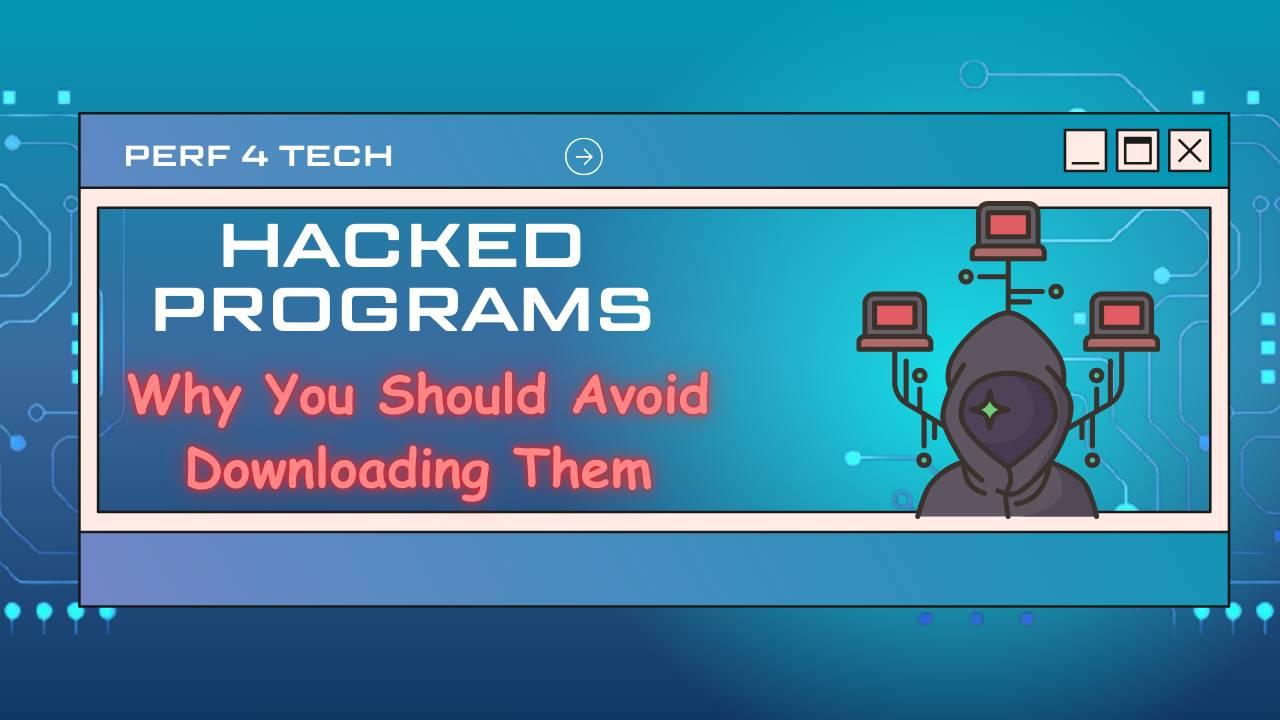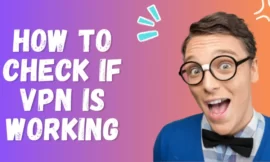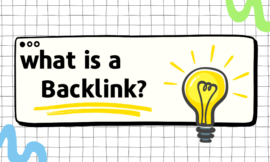In the age of smart applications, many users are constantly looking for ways to access paid features for free. This often drives them to download hacked programs that work on computers or smartphones, in the form of APK files or even modified games (MODs) from unofficial sources such as “free play” websites or pages offering direct download links. Although this might seem like a tempting shortcut, it actually carries several hidden risks that could compromise your device and your privacy.
In this article, we highlight the reasons why downloading hacked programs or premium hacked games is unsafe. We’ll explore the technical, security, and legal aspects that many users overlook, and provide legal and safe alternatives that allow you to enjoy software features without putting your data or devices at risk.
Table of Contents
Toggle1. What Are Hacked Programs?
Hacked programs are modified versions of original apps or games, altered to remove restrictions imposed by developers — such as paywalls or ads. These versions are often available on unofficial stores or websites and come labeled as “MOD PRO” or “Premium Unlocked.”
Some individuals or teams modify the original code to bypass purchase protections and unlock paid features for free. While these changes may seem useful to the end-user, they violate intellectual property rights and introduce security risks — especially when downloading hacked APK games or modified media tools.
Unlike official apps, hacked programs are not guaranteed in terms of security or quality and may include malicious scripts. In contrast, original applications are directly provided by developers, receive regular updates, and offer official support.
1.2 Differences Between Official and Hacked Programs
Official and hacked applications differ significantly in terms of:
✅ Source: Official programs are downloaded from trusted websites or stores like Google Play. Hacked versions come from unreliable websites or suspicious APK links.
🔒 Security: Official apps are tested for safety, while hacked ones often include malware or altered files.
📦 Updates and Support: Official apps receive continuous updates and technical support, unlike hacked versions.
⚖️ Legality: Using hacked software violates copyright and distribution laws.
💰 Cost: Official apps may be free or paid, while hacked ones appear free but at the cost of your security.
🧩 Stability: Official apps are optimized and stable; hacked ones are often buggy and crash-prone.
💡Despite the apparent benefits of free access, the legal and security consequences of using hacked apps make them a dangerous choice — whether you’re downloading premium media tools or paid video downloaders.
2. Why Do People Download Hacked Apps?
Users are drawn to hacked apps for various reasons depending on their technical knowledge, needs, or financial limitations. The most common motives include:
Access to Premium Features for Free
Users want full access to apps without paying, making hacked versions a quick (but risky) solution.Technical Curiosity or Challenge
Tech-savvy individuals may download hacked apps out of curiosity or to challenge their skills in bypassing restrictions.Lack of Electronic Payment Methods
In some countries or among certain age groups, credit cards or digital payments are unavailable — pushing users toward hacked app versions.Lack of Awareness of the Risks
Many people do not realize the potential harm hacked apps can cause, thinking it’s a harmless shortcut.Influence from Forums or Peers
The spread of hacked apps via social groups and online forums increases their popularity, often without mention of the dangers involved.
3. The Risks of Downloading Hacked Apps on Your Device
While downloading hacked apps for free might seem attractive, it exposes users to serious risks, including:
📌 Privacy Breaches: Hacked apps can access your files, photos, and contacts without your consent.
📌 Malware Infections: Many hacked APKs come embedded with spyware or ransomware.
📌 System Damage: Altered code may corrupt your OS or significantly slow down your device, especially on Android.
📌 No Security Updates: Hacked apps don’t receive official patches, leaving you vulnerable.
📌 Legal Issues: Downloading or distributing hacked software is illegal in many countries.
📌 Data Loss: Some apps may delete or encrypt your data and demand ransom to restore it.
📌 Annoying Ads and Inappropriate Content: Many hacked apps are loaded with intrusive or offensive ads.
💡While hacked apps may offer short-term benefits, they open the door to long-term threats. It’s always better to rely on official app stores and download the latest secure versions.
4. Legal Perspective: Is Downloading Hacked Android Apps Legal?
Downloading hacked Android apps clearly violates intellectual property and digital copyright laws. Developers invest significant time and resources into their apps and games, and using hacked versions without permission is considered theft.
In many countries, the use or distribution of hacked software is a criminal offense, potentially resulting in legal action, fines, or even imprisonment. Even sharing direct download links on shady websites can get you in trouble.
Furthermore, even if legal action isn’t immediate, platforms may suspend or ban accounts found using unauthorized apps — especially premium apps offered for free with no watermarks or licensing.
5. How Hackers Exploit Hacked Apps
Hackers use hacked apps as a vehicle to introduce malware into users’ devices. Common examples include:
Spyware that monitors activity in the background.
Ransomware that locks files and demands payment.
Backdoors that give hackers full control over your device — including access to your camera, mic, or passwords.
Some hackers even use your device as part of a botnet for cyber-attacks, without your knowledge.
6. Hacked Programs vs. Open-Source Software: What’s the Safe Alternative?
Instead of risking it all with hacked programs, consider using legal, open-source alternatives. These applications often provide similar functionality, with the added benefit of transparency and security.
Open-source software allows users to view and modify the source code freely. They are usually free, secure, and supported by active developer communities — making them a stable long-term solution.
Examples:
LibreOffice – as an alternative to Microsoft Office
GIMP – for image editing instead of paid tools
You can download them directly from their official websites or trusted app stores.
7. Tips to Avoid the Trap of Hacked App Downloads
As hacked apps become more widespread, here are some tips to help you stay safe:
✅ Download only from trusted stores like Google Play or Apple App Store.
🔍 Always check the developer name, download stats, and user reviews.
🔒 Use reliable antivirus software and keep it updated.
🚫 Avoid clicking on direct download links from forums or shady websites.
⚠️ Be wary of apps requesting suspicious permissions, like a game asking for camera access.
🧠 Remember: “Totally free” often comes at a hidden price — your data and safety.
💡Follow these tips to enjoy a safer digital experience and steer clear of the hidden dangers of free hacked apps.
8. Signs That Your Computer Might Be Hacked
Watch out for these red flags:
Sudden device slowdown — even when no heavy apps are running.
Unexpected pop-ups or windows — especially when connected to the internet.
Unknown programs installed — or familiar ones disappearing.
Security alerts — reporting suspicious activity or unauthorized access.
High CPU or Internet usage — despite no active apps.
Strange emails — sent from your account without your knowledge.
Password changes or account lockouts — without your action.
Phone overheating or frequent reboots — may indicate malware.
💡If you spot any of these, act quickly. Delays can lead to serious data loss or privacy violations.
9.What to Do If You Get Hacked
Follow these urgent steps:
Disconnect from the internet immediately to block hacker access.
Change all your passwords from a safe device. Use strong, unique passwords.
Run a full scan using trusted antivirus software.
Delete suspicious programs or unknown files.
Review recent activity on your accounts for unauthorized actions.
Enable two-factor authentication (2FA) on all supported platforms.
If you’re still compromised, contact a tech expert for help.
💡Don’t delay — every minute counts. Check out our full guide on how to protect your computer from hacking.
10. Cybersecurity Experts’ Opinion on Hacked Programs
Cybersecurity experts agree that hacked programs are a significant threat. They are often used to spread malware and spyware, lacking any form of legal or technical guarantee.
Hackers exploit them as invisible tools to gain unauthorized control over users’ devices. Moreover, the widespread use of hacked apps increases the frequency of cyberattacks and makes it harder to trace the source — turning the issue into a threat to the digital community as a whole.
FAQ: Common Questions About Hacked Programs
Q1: What’s the difference between a hacked and a modified app?
A hacked app bypasses protections or unlocks paid features illegally. A modified app changes appearance or behavior but may still respect developer rights if authorized.
Q2: Are all hacked programs harmful?
Not all are directly harmful, but most are unsafe because they come from unreliable sources and are often used to spread malware.
Q3: How do I recognize hacked apps?
They’re usually not found in official stores, offer exaggerated features for free, ask for strange permissions, or come from unknown developers.
Q4: Are there safe and free alternatives?
Yes, many free and open-source programs perform excellently and are legal. Examples include LibreOffice, GIMP, and Audacity.
Q5: Can I be punished for using hacked apps?
In some countries, using or distributing hacked apps is a criminal offense — especially in professional or commercial contexts.
Conclusion: Are Hacked Programs Worth the Risk?
After examining the security, legal, and technical consequences, it’s clear that using hacked programs isn’t just a “free” option — it’s a gamble that could cost your privacy and device integrity.
💡Are you willing to trade your digital safety for a temporary perk?
Don’t fall into the trap — choose safe, legal alternatives today, and become a smarter, more responsible user.
👉But here’s the real question: Do you still think hacked programs are a good solution, or has this changed your mind?
💬 Share your opinion or experience in the comments. Have you ever tried one?




